9 Habits That Make Fibroids WORSE
If you’ve been diagnosed with fibroids, there’s a good chance that you’ve been told that they’ll likely grow and your symptoms may get worse. While there are plenty of habits that make fibroids worse, I’m here to tell you that doesn’t have to be your truth and you can avoid them.
There’s a good chance that some of your current lifestyle choices are making your fibroid symptoms worse and can even make them grow larger.
When I first started this journey, I realized that I was literally building a breeding ground for fibroids in my lifestyle. Even some of the habits I thought were healthy were making things worse.
Fortunately, I’ve come a long way. At the time of this post, the largest fibroid I have is about half its initial size, and the other two I have are smaller as well. I’m also symptom-free.
Having said that, it has been a journey. I’ve had to make several lifestyle adjustments to get here. That’s why I’m creating this post to give you a headstart on some changes you can make to put you on the path to fibroid healing.
9 Lifestyle Habits that Make Fibroids Worse
1. Poor diet: This one is probably the most obvious, but it’s one that many struggle with. Unfortunately, many foods marketed as “healthy” are some of the biggest culprits of inflammation that make symptoms worse.
Processed foods that seem healthy, like protein bars and salad dressing, hide a lot of nasty ingredients. Always check labels for hidden sugars, seed oils, and other ingredients you can’t pronounce. Try to stick to whole foods as much as possible.
2. Poor stress management: Stress impacts more than just your emotions. Too much stress has a negative effect on your hormones and can even lead to inflammation. Inflammation in your gut can make it difficult to digest food and get the nutrients you need to minimize fibroids and their symptoms. I have a post about how to manage stress here.
3. Stifling your emotions: This is a surprising one for most people and is usually only discussed in the context of Eastern medicine. But I think it has a lot of validity in the treatment of fibroids.
In Eastern traditional medicines, trapped emotions can lead to a “cold” uterus or stagnation in the uterus. Some ways to address this include verbally releasing feelings and even movement that includes the opening of the hips.
4. Too much exercise: Yep, that’s right. There is such a thing as too much exercise. Ovexercising can lead to increased cortisol levels which can in term increase your estrogen levels and lead to estrogen dominance. Though this isn’t one of the most obvious habits that make fibroids worse, it certainly can.
Personally, I like to work out in sync with my cycle to take advantage of the ebb and flow of my energy levels.
5. Too little exercise: Daily movement is critical for supporting detoxification and better circulation. A sedentary lifestyle increases your risk for obesity, which also increases your risk for fibroids. If you’ve always had trouble making an exercise habit stick, check out this post which can help you.
6. Lack of sleep: Sleep allows your body time to rest and regenerate. If you aren’t getting enough sleep, it’s likely that your body isn’t getting the time it needs to recover from daily stressors.
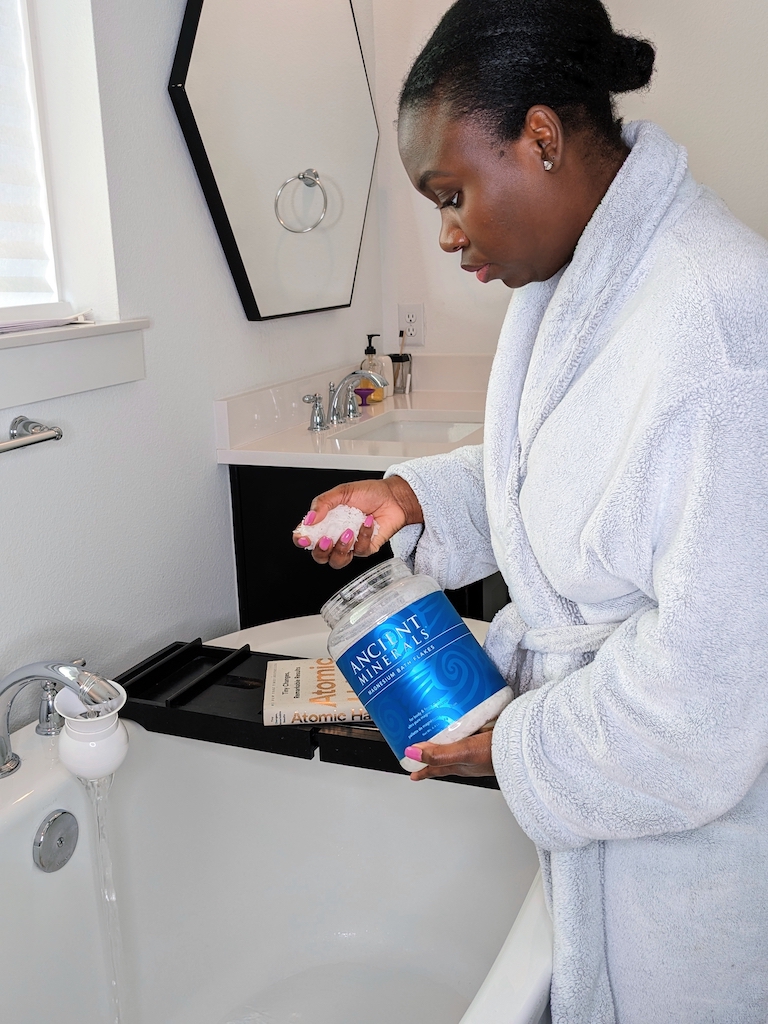
7. Overexposure to toxins: Unfortunately, we’re exposed to so many toxins on a daily basis. Some of which are endocrine disruptors that can have a negative effect on our hormones.
It’s impossible to avoid all the toxins you’re likely have exposure to in a day. However, you can reduce your exposure by making safer swaps in your personal care products, cookware, and cleaning products.
8. Taking a wait-and-see approach: It’s very common for doctors to tell patients with smaller fibroids to wait and see what happens. But I personally don’t abide by this. I think it’s important to get an ultrasound or sonogram on an annual basis to make sure they aren’t growing at a faster rate.
9. Seeking quick fixes: There aren’t any quick fixes to fibroids and experimenting with quick fixes can actually make things worse in a lot of cases.
Whether you choose surgery or a completely natural route, healing from fibroids requires lifestyle changes. It’s hard not to get overwhelmed, but take it a step at a time. Enjoy the process of becoming the best, fibroid-free version of yourself.
***
I hope this list helps you get back on track in your fibroid-fighting journey. If you’re still looking for some guidance on how to follow your menstrual cycle, consider my Cyclical Living Planner, which is made with women like you in mind.


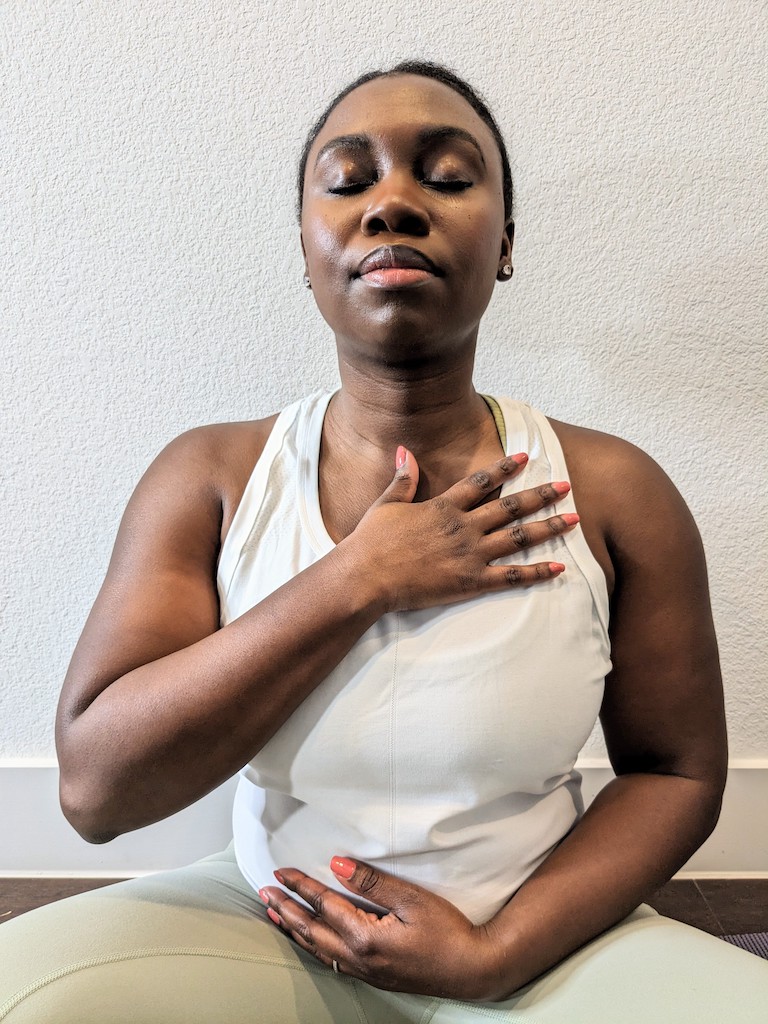
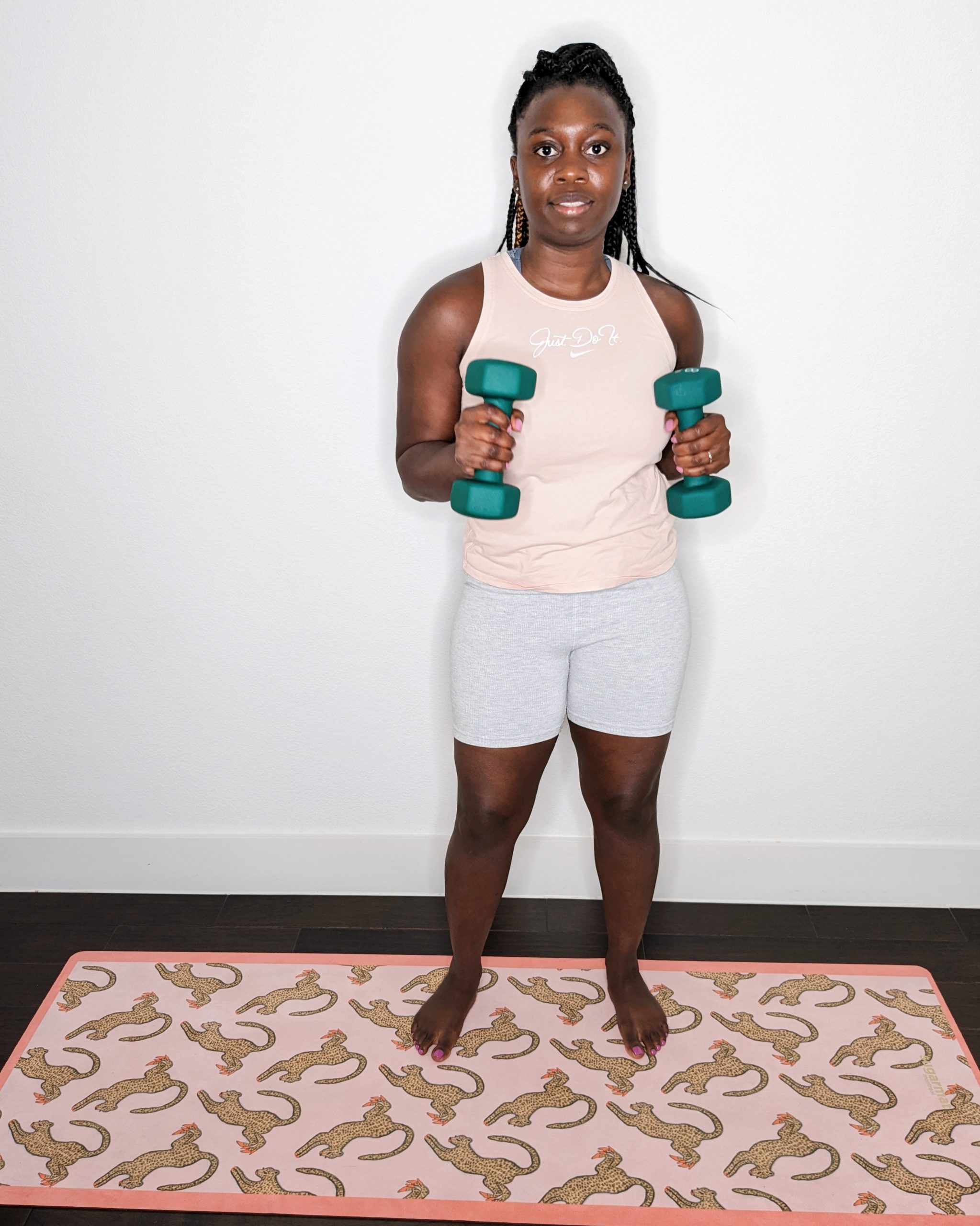

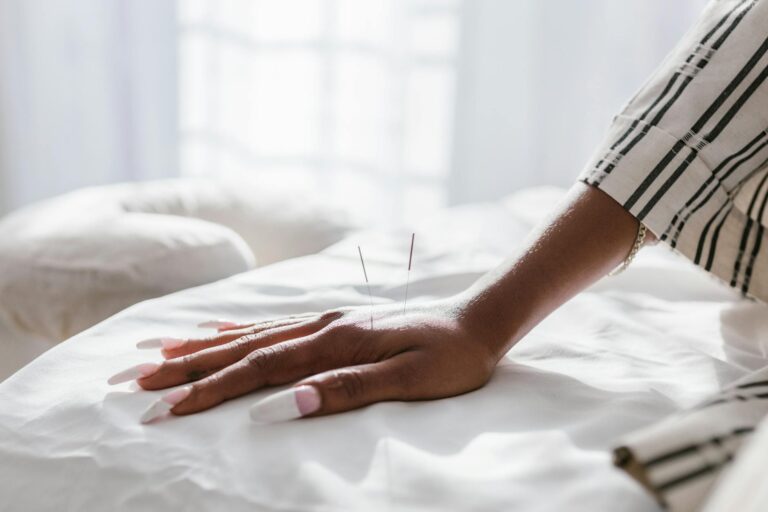

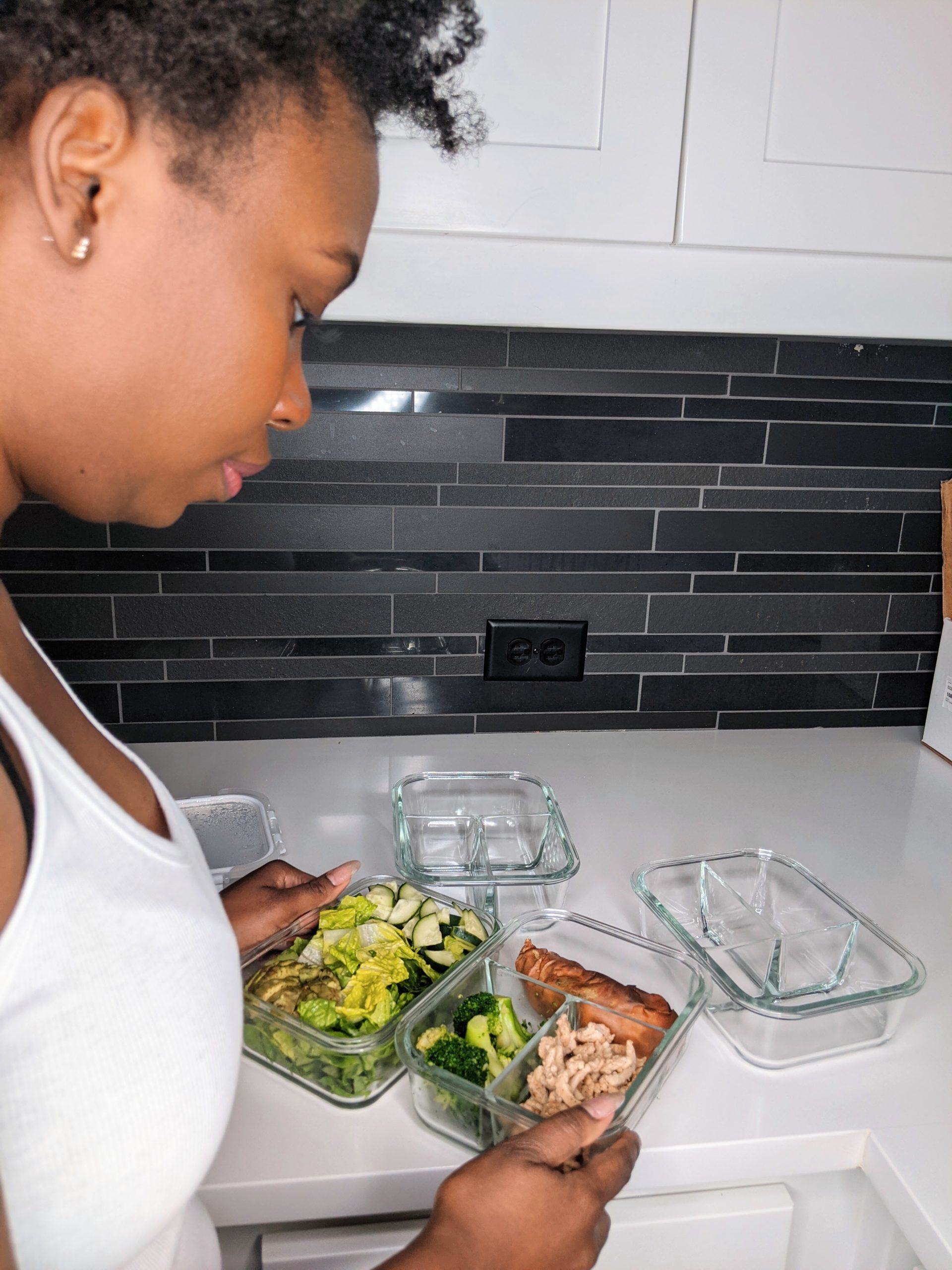
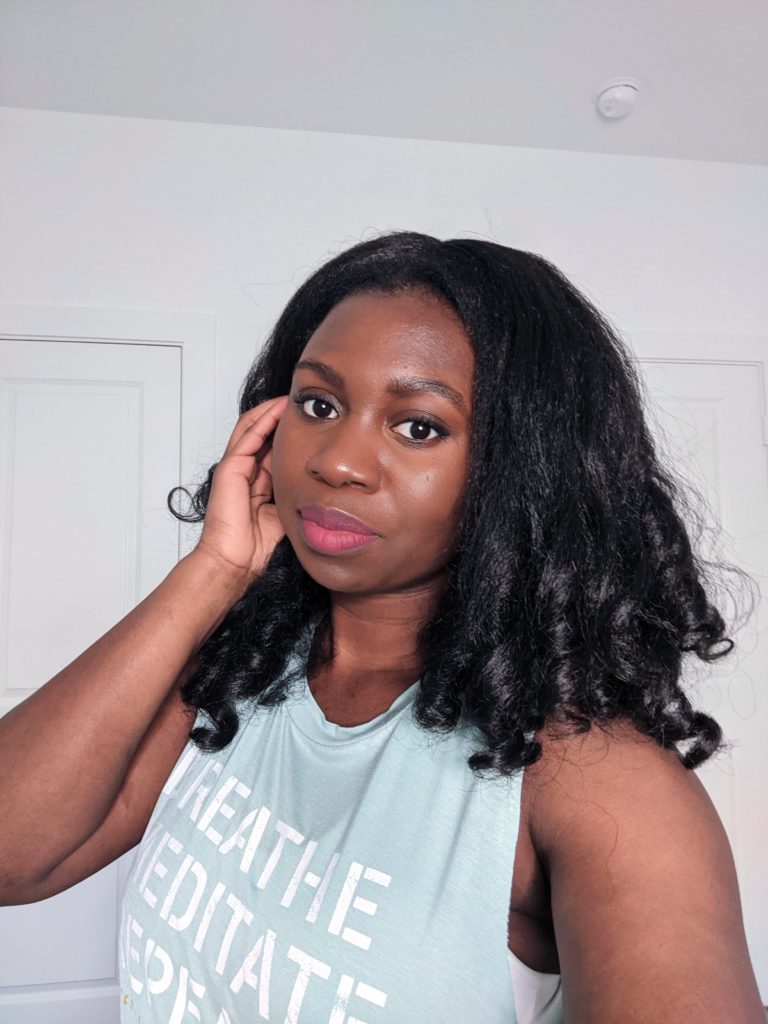
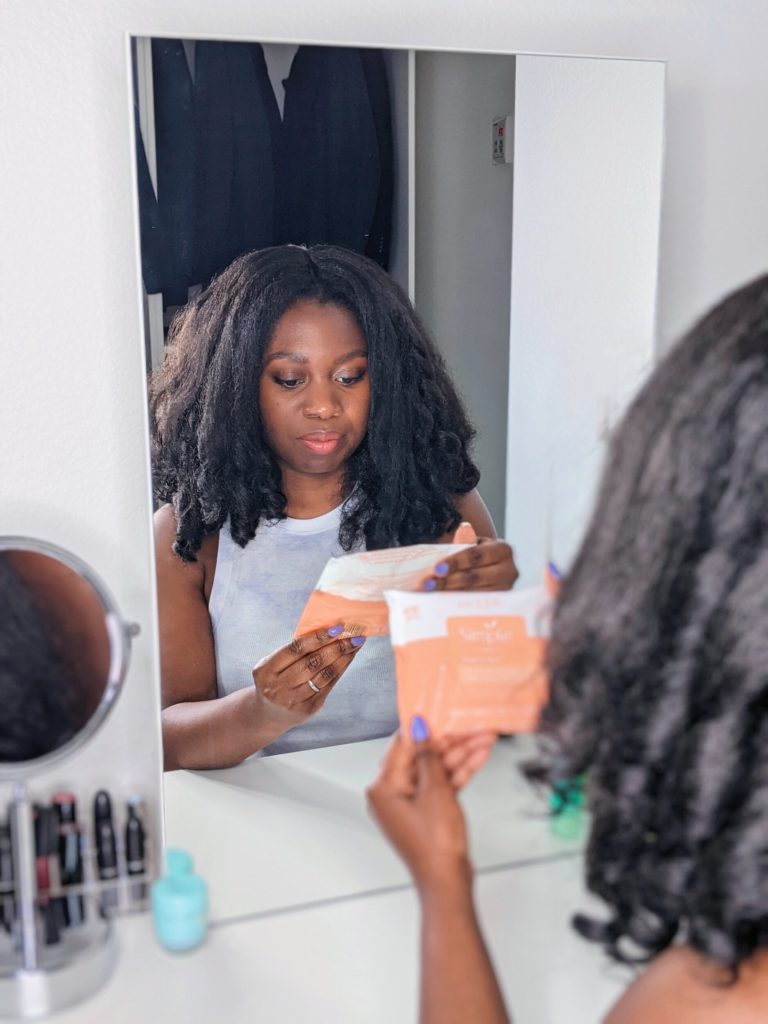
Great post, Chunte!